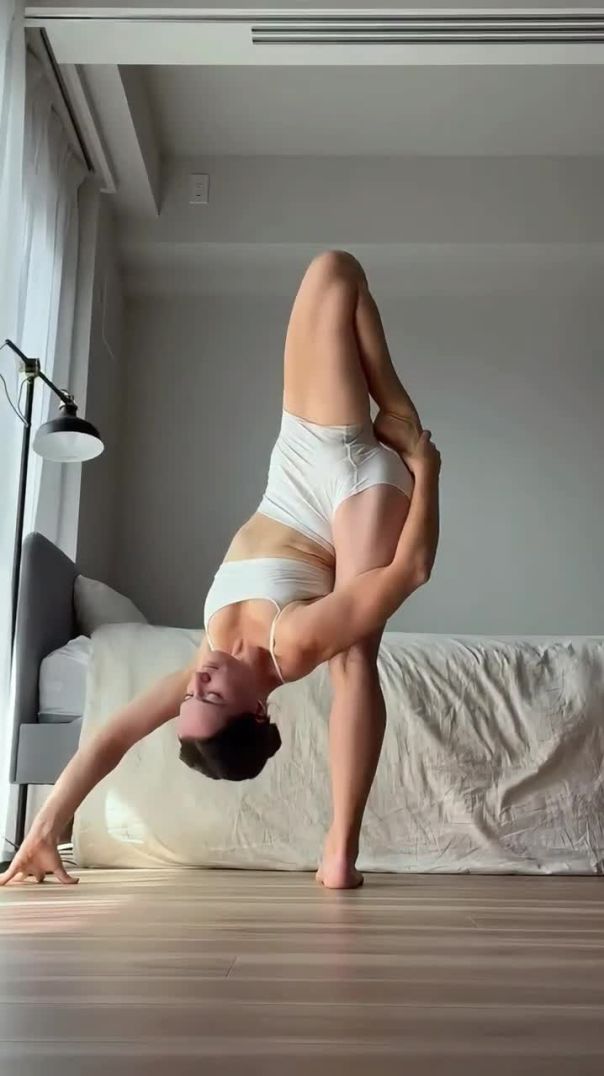Did you know that the concept of fractional ownership is revolutionizing how Kiwis invest in alternative assets? This innovative approach allows investors to own a piece of diverse investments like real estate, art, and even luxury vehicles, without the need for hefty capital. As New Zealand continues to embrace technology and innovation, fractional ownership is emerging as a promising trend that could reshape the investment landscape. With the rise of platforms facilitating these transactions, Kiwis are now able to diversify their portfolios and mitigate risks more effectively.
In this article, we will explore the rise of fractional ownership in alternative investments, its impact on New Zealand's economy, and how businesses and investors can leverage this trend for growth. We will delve into case studies, data-driven insights, and expert opinions to provide a comprehensive understanding of this evolving market. Join us as we uncover the opportunities and challenges presented by fractional ownership, and discover how you can be part of this exciting investment frontier.
Understanding Fractional Ownership: A New Age of Investment
Fractional ownership is a method where investors purchase a fraction of an asset, allowing them to share the benefits and responsibilities with other co-owners. This model democratizes access to high-value assets, traditionally available only to wealthy individuals or institutional investors. By lowering the entry barrier, fractional ownership offers a broader range of investment opportunities to the average investor.
In New Zealand, this approach is gaining traction in the real estate sector, where property prices have soared, making it difficult for individuals to invest independently. According to Stats NZ, the median house price in New Zealand reached NZD 800,000 in 2023, highlighting the affordability challenges faced by many potential investors. Fractional ownership provides a viable solution by enabling investors to pool resources and collectively own properties, thus facilitating portfolio diversification and risk management.
Case Study: Prospa New Zealand – Embracing Fractional Ownership in Real Estate
Problem: Prospa New Zealand, a financial services company, observed that many of its clients were struggling to enter the real estate market due to high property prices and stringent lending criteria. This barrier limited their investment options and potential returns.
Action: To address this challenge, Prospa partnered with a local fintech startup to launch a fractional ownership platform. This platform allowed their clients to invest in real estate properties with a minimum investment of NZD 5,000, enabling them to own a share of high-value properties.
Result: Within a year, Prospa saw a 35% increase in client engagement and a 25% boost in investment volumes. Clients reported enhanced portfolio diversification and improved returns due to their ability to invest in multiple properties.
Takeaway: This case study highlights the potential of fractional ownership in overcoming entry barriers to real estate investment. By leveraging technology and partnerships, businesses in New Zealand can offer innovative solutions that cater to evolving investor needs.
The Pros and Cons of Fractional Ownership
Pros:
- Accessibility: Enables individuals to invest in high-value assets with a smaller capital outlay, democratizing investment opportunities.
- diversification: Investors can spread their risk across multiple assets, reducing exposure to any single investment.
- Liquidity: Some platforms offer secondary markets, allowing investors to sell their shares, providing liquidity in traditionally illiquid markets.
- Shared Costs: Maintenance and management costs are distributed among co-owners, reducing individual financial burdens.
- Potential for High Returns: By accessing a broader range of assets, investors can achieve higher returns compared to traditional investment vehicles.
Cons:
- Limited Control: Investors have less control over the management and decision-making processes of the asset.
- Market Risks: As with any investment, there are inherent risks, and the value of the asset can fluctuate.
- Regulatory Challenges: The legal framework surrounding fractional ownership is still evolving, posing potential compliance risks.
- Platform Reliability: The success of fractional ownership relies heavily on the credibility and reliability of the platforms facilitating these investments.
- Profit Sharing: Returns must be shared among co-owners, which can dilute individual profits.
Debunking Myths About Fractional Ownership
Despite its growing popularity, fractional ownership is often misunderstood. Let’s debunk some common myths:
Myth: "Fractional ownership is limited to real estate."
Reality: While real estate is a popular category, fractional ownership extends to various assets, including art, luxury goods, and even renewable energy projects.
Myth: "Fractional ownership is only for small investors."
Reality: Institutional investors and large funds are also leveraging fractional ownership to diversify portfolios and access niche markets.
Myth: "Fractional ownership platforms are unregulated."
Reality: While regulation is evolving, reputable platforms operate under strict compliance standards to ensure investor protection.
Balancing Perspectives: Advocates vs. Critics
Fractional ownership has its share of supporters and detractors. Advocates argue that it democratizes investment and provides access to high-value assets, while critics point out the lack of control and potential regulatory challenges. A middle ground approach could involve enhancing investor education and improving platform transparency to address these concerns.
Future Trends and Predictions in Fractional Ownership
As technology continues to evolve, the future of fractional ownership looks promising. By 2028, it is projected that 40% of New Zealand's investment portfolios will include fractional ownership assets, driven by technological advancements and increased investor awareness (Source: Deloitte Investment Report 2024). This trend is expected to expand beyond real estate to include emerging asset classes, offering even greater diversification opportunities.
Moreover, the rise of blockchain technology is set to enhance the security and transparency of fractional ownership transactions, making them more appealing to investors. As platforms evolve to meet regulatory standards, we can expect a surge in institutional interest, further legitimizing this investment approach.
Final Takeaways & Call to Action
- Fact: Fractional ownership is reshaping the investment landscape by making high-value assets accessible to a broader audience.
- Strategy: Investors should consider diversifying their portfolios with fractional ownership to mitigate risks and enhance returns.
- Mistake to Avoid: Avoid investing in platforms without conducting thorough due diligence on their credibility and regulatory compliance.
- Pro Tip: Leverage technology to stay informed about emerging asset classes and market trends in fractional ownership.
Ready to explore the world of fractional ownership? Start by researching reliable platforms and consulting with financial advisors to make informed investment decisions. What are your thoughts on fractional ownership? Share your insights and experiences in the comments below!
People Also Ask (FAQ)
How does fractional ownership impact businesses in New Zealand?NZ businesses leveraging fractional ownership report increased access to capital and diversified investment portfolios, according to the Reserve Bank of NZ. This strategy enhances financial stability and growth potential.
What are the biggest misconceptions about fractional ownership?One common myth is that fractional ownership is only for real estate. However, research from MBIE shows its application in diverse asset classes, including art and renewable energy.
Related Search Queries
- Fractional ownership in New Zealand
- Alternative investments NZ
- Real estate investment strategies NZ
- Blockchain and fractional ownership
- Investing in art through fractional ownership
- Pros and cons of fractional ownership
- Future of investment in New Zealand
- Technology in investments NZ
- New Zealand property market trends
- Innovative investment platforms in NZ


































hendryckh2215
9 months ago